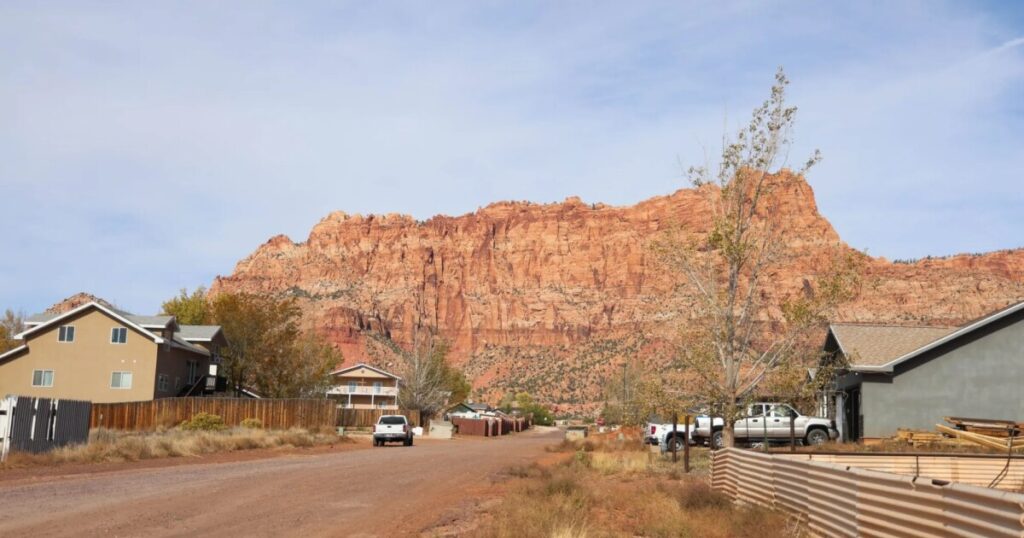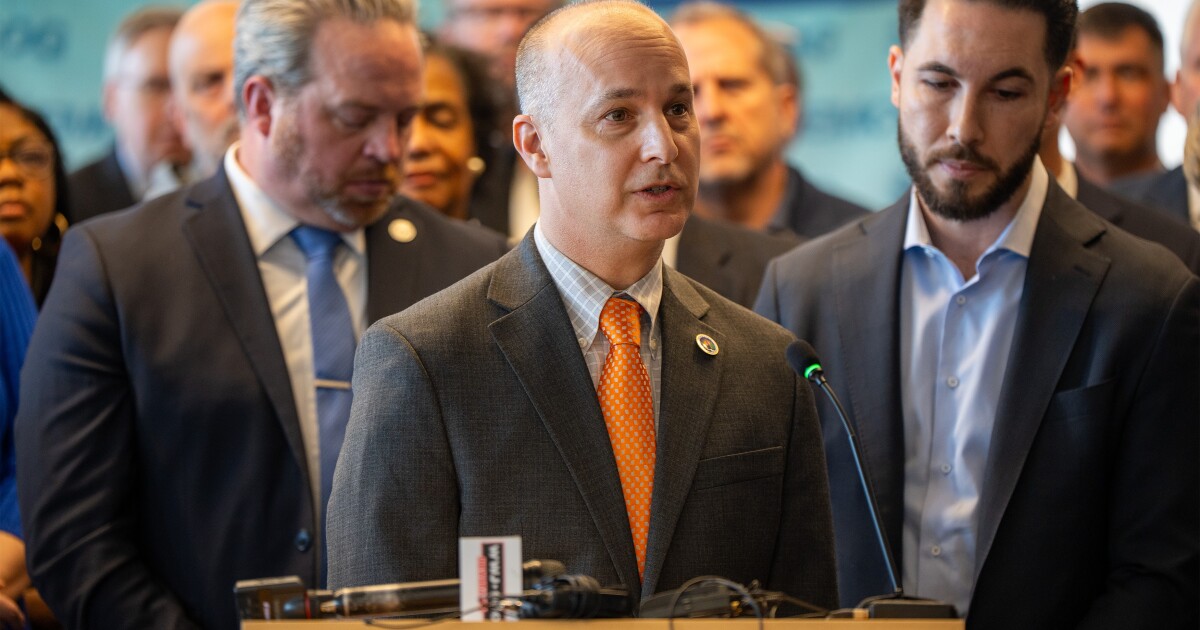Surrounded by dramatic red rock cliffs, the communities of Hildale, Utah, and Colorado City, Arizona, known collectively as Short Creek, are experiencing a significant public health challenge. Once famous for their association with the Fundamentalist Church of Jesus Christ of Latter-day Saints (FLDS) and its leader Warren Jeffs, these towns are now grappling with the country’s second-largest measles outbreak.
Short Creek, home to several thousand residents who call themselves “crikers,” has a complex past. Warren Jeffs, a former leader of the FLDS church, left behind a legacy of control and influence. His former residence is now the Short Creek Dream Center, a facility dedicated to helping those dealing with domestic violence, substance abuse, and homelessness.
Luke Merideth, who oversees the center alongside his spouse, has witnessed the measles outbreak’s impact on his community. “I do know that there were just whole families that were down for a week or two, staying at home, feeling miserable, recovering,” he shared.
Abigail Wilt
/
Cronkite News
Measles, a highly contagious viral infection, spreads easily through the air and on surfaces. While many recover in about 10 days, it poses serious risks to children under five, pregnant women, and those with weakened immune systems. Symptoms include a red rash, high fever, cough, runny nose, and red eyes.
This year, Mohave County has reported 133 measles cases, resulting in three hospitalizations at the Utah-Arizona border. Meanwhile, Texas leads the nation with 803 cases as of November 17, according to the Centers for Disease Control and Prevention.
Vaccination Challenges in Short Creek
Measles outbreaks are prevalent in non-vaccinated populations. The FLDS church historically opposed vaccinations, a sentiment that continues to influence Short Creek’s vaccination rates today. “The culture of distrust in the government probably contributed to what would have been more of a spike here than even another small rural town,” Merideth noted.
Despite an increase in ex-FLDS and non-members in the community, vaccination rates remain inadequate to curb the spread of measles. Rebecca Bradshaw, a grandmother to 112 grandchildren, has seen the effects firsthand. While Bradshaw and her children are vaccinated, half of her grandchildren are not, due to fears about vaccine safety.

Abigail Wilt
/
Cronkite News
Bradshaw explained, “They don’t trust the government. They don’t trust the immunizations. I’ve got one family member that says their kid got autism from the shots.” The skepticism around vaccines has been further fueled by the controversy surrounding COVID-19 vaccinations.
Brody Olson, pastor of the Community of Grace Church, attributes the low vaccination rates to the lasting influence of the FLDS church. “You have more people here per capita that would not be vaccinated, and that was probably a position of their early church [the FLDS],” Olson said.

Abigail Wilt
/
Cronkite News
Addressing the Outbreak
Home remedies are prevalent in Short Creek due to the large family sizes and the expense associated with medical care. Bradshaw believes the actual number of measles cases is higher than reported, as many families opt for home treatment. “I think the actual numbers are probably three times what has been reported,” she stated.
Despite the outbreak, the community remains hopeful about its resilience. Vaccines are accessible at local clinics, and officials are encouraging vaccinations. Colorado City Mayor Howard Ream emphasized the community’s focus on growth and protection, stating, “We’re about having growth. That is reasonable. And protecting our families.”
Bradshaw is optimistic that Short Creek will continue to evolve and overcome its challenges, saying, “And now the walls are coming down. People are getting back to reality and socializing. And it’s been fun to see the progress.”
This article first appeared on Cronkite News and is republished here under a Creative Commons License.
—
Read More Arizona News









